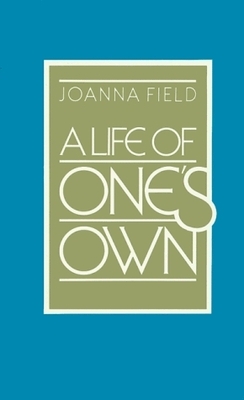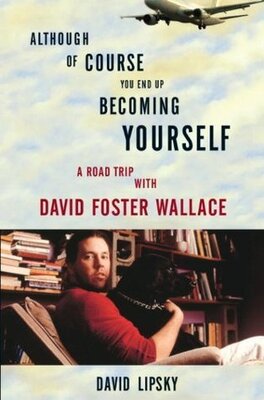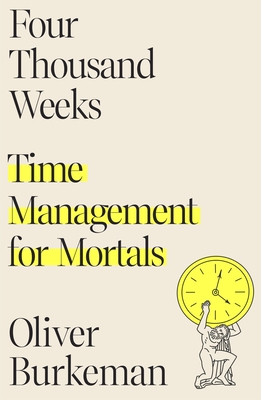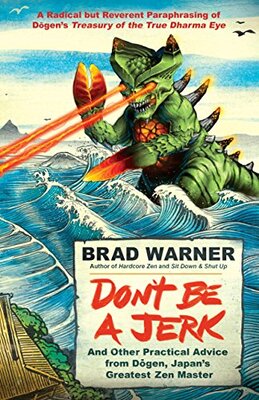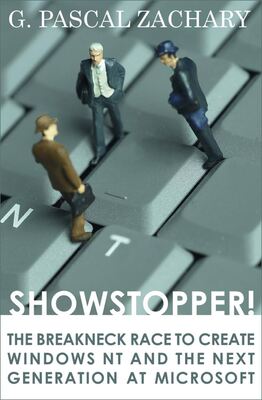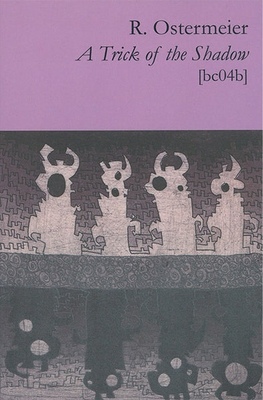
I could have been kinder to Mrs Weskitt, but there isn’t a child of twelve who couldn’t. It’s the age when we sort into different not alike, a state that reaches its peak in adolescence, and one of the foremost blights in the world today is that many adults have never grown out of that adolescent pose of insisting on difference.
As a child, if I cried and said, ‘This is too difficult, I can't do it’, someone came and helped me. Now I found myself one day unwilling to admit I was happy because of a vague sense that I might thereby forgo some advantage, might give up my claim to that special attention which seemed to be the prerogative of the miserable.
I want to change my attitudes; it fills me with restlessness that I am always striving after something and I don't know what it is. I envy people, artists chiefly. I want to achieve the play attitude. By this I mean concentration in an activity which has no apparent use just for the delight of doing it. Why do I want this? I don't know quite, it just seems very desirable.
the natural state of the sentient adult is a qualified unhappiness. I think also that in an adult the desire to be finer in grain than you are, “a constant striving” (as those people say who gain their bread by saying it) only adds to this unhappiness in the end—that end that comes to our youth and hope. My own happiness in the past often approached such an ecstasy that I could not share it even with the person dearest to me but had to walk it away in quiet streets and lanes with only fragments of it to distil into little lines in books—and I think that my happiness, or talent for self-delusion or what you will, was an exception.
Because I’d like to be the sort of person who can enjoy things at the time, instead of having to go back in my head and enjoy them then.
Gradually now I saw more clearly what had been my assumptions about the meaning of ‘trying’ and ‘willing’. ‘Trying’ was an internal clenching and grunting which I seemed to imagine had a virtue of its own; for how often had I not successfully excused my failures at school and at home by saying, ‘Well, I did try.’ Once, quite recently, when I had answered a difficult question by saying, ‘I am trying to think’, someone had said, ‘Don't try, think.’ So at long last I had grasped the idea that the indispensable preliminary to every task which appeared difficult was not a general tensing and contraction, but that the response I hoped for would happen if I just looked in the direction I wanted to go and waited.
It had been more comforting to imagine that I might eventually “optimize” myself into the kind of person who could confront such decisions without fear, feeling totally in charge of the process. I didn’t want to accept that this was never going to happen—that fear was part of the deal, and that experiencing it wouldn’t destroy me.
I had the desire always to be getting things done to prove to myself that I existed as a person at all.
And I think I’ve, my whole life, had a real penchant for avoiding the hard and doin’ the easy. And then part of, you know, part of why we’re here is to kinda learn how to not do that so much. That it’s ultimately less painful not to do that.
I believe that if I can’t impress people by how much I’ve accomplished, I can maybe be impressive with how practical my ambitions are, how little I expect.
How would you spend your days differently if you didn’t care so much about seeing your actions reach fruition?
Usually I lived with a general feeling that all would work out for the best, but this would be broken by occasional outbursts of misery in which I felt quite definitely that everything was hateful. These moments never lasted very long. Usually after a night's rest I would be back again in my vague optimism, never considering that my life was my own to live, that if I did not manage it as I wanted it no one else would. Into this smooth surface of taking things for granted there began to emerge an awareness of certain mental discomforts which up till then I had not known, only suffered.
I’d be at work at one of the series of thankless jobs I held throughout much of my life, seething with anger over how I could have been doing something better, more interesting, more suited to my talents or just less tedious and awful. This didn’t stop once I got finished with my shift, either. A huge segment of my life was given over to just feeling a kind of intense resentment toward whatever situation I was in.
“You work a lot and [think], ‘Oh, gee, I don’t know anybody and the few people I do know are busy. So I’ll work some more.’ You keep working, you know less people, you do less things. Then pretty soon all you have left is work.” Then even work seemed hollow and uncomfortable, becoming a haunted house that maintained a strange hold even as he desperately plotted an escape.
I realized that in those two years, in order to preserve something—an inner hush maybe, maybe not—I had weaned myself from all the things I used to love—that every act of life from the morning tooth-brush to the friend at dinner had become an effort. I saw that for a long time I had not liked people and things, but only followed the rickety old pretense of liking. I saw that even my love for those closest to me was become only an attempt to love, that my casual relations—with an editor, a tobacco seller, the child of a friend, were only what I remembered I should do, from other days.
The first thing I noticed was that in certain moods the very simplest things, even the glint of electric light on the water in my bath, gave me the most intense delight, while in others I seemed to be blind, unresponding and shut off, so that music I had loved, a spring day or the company of my friends, gave me no contentment.
I’m not biochemically depressed. But I feel like I got to dip my toe in that wading pool and, um, not going back there is more important to me than anything. It’s like worse than anything—I don’t know if you’ve had any experience with this. It’s worse than any kind of physical injury, or any kind of—it may be what in the old days was called a spiritual crisis or whatever. It’s just feeling as though the entire, every axiom of your life turned out to be false, and there was actually nothing, and you were nothing, and it was all a delusion. And that you were better than everyone else because you saw that it was a delusion, and yet you were worse because you couldn’t function. And it was just, it was just horrible.
As the time went on I found that my reactions thickened. Ordinarily I am a whistler. I stopped whistling. I stopped conversing with my dogs, and I believe that subtleties of feeling began to disappear until finally I was on a pleasure-pain basis. Then it occurred to me that the delicate shades of feeling, of reaction, are the result of communication, and without such communication they tend to disappear. A man with nothing to say has no words.
But if my aim in talking was mainly sociable – to get on with other people, to make friends – quite clearly there must be a lot of things which I did not talk about. For my private worries would bore others and my private foibles perhaps shock them. What then would happen to ideas on matters which were never talked of because I should feel too ashamed? I had never asked myself this question before, for I had grown up with a hatred of having my personal affairs discussed. When I listened to the personal talk of others I used sometimes to go hot all over, feeling it utterly impossible that I should ever talk like that about myself. I had thought that private affairs should be dealt with privately. What I had not realized was that usually, if I could not bear to deal with them in public, then they were also too painful to be dealt with in the privacy of my own mind. For, unless I was very clear what I was about, I tried to hide the painful thought just as urgently from my own eyes as from those of others.
